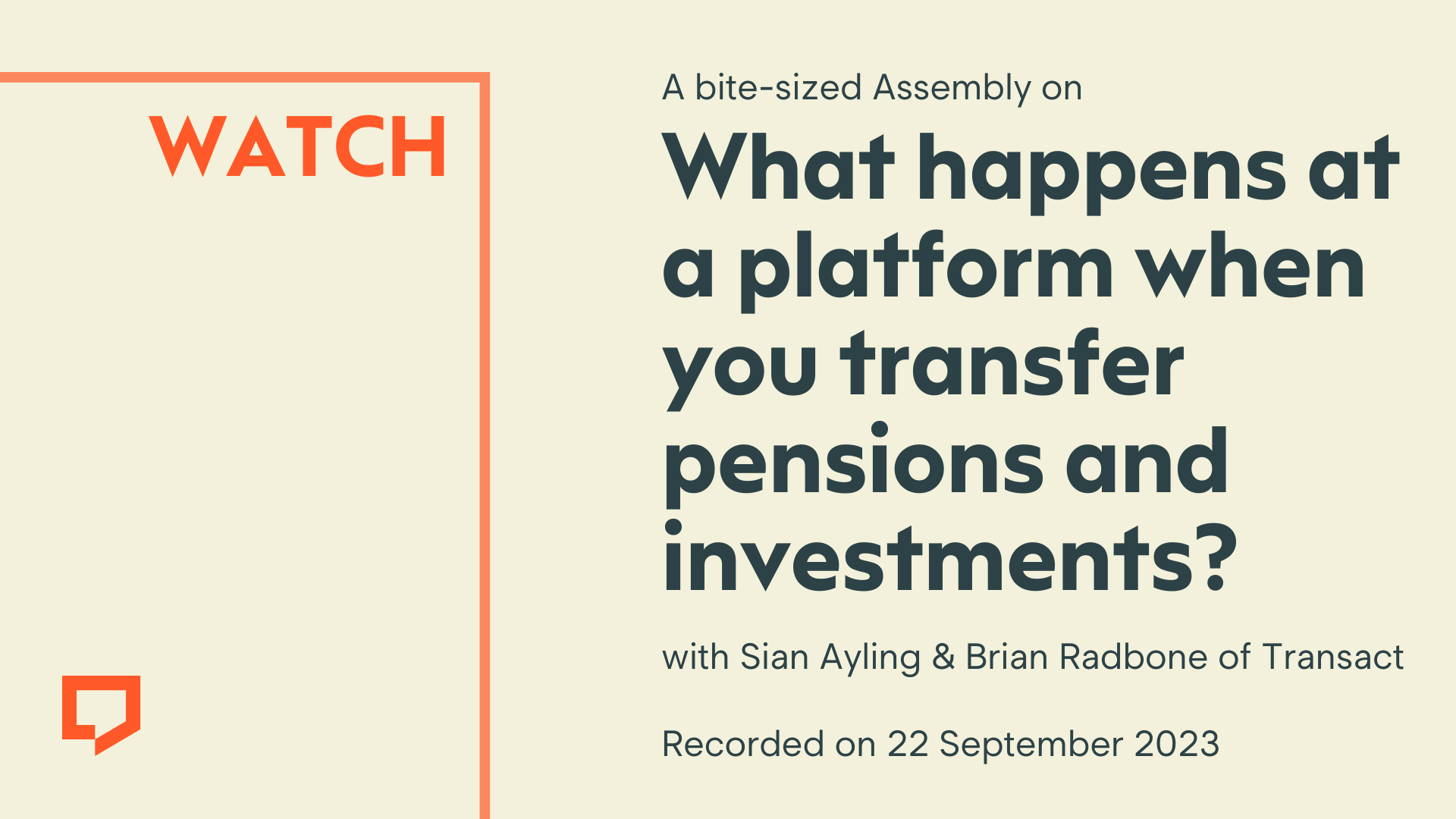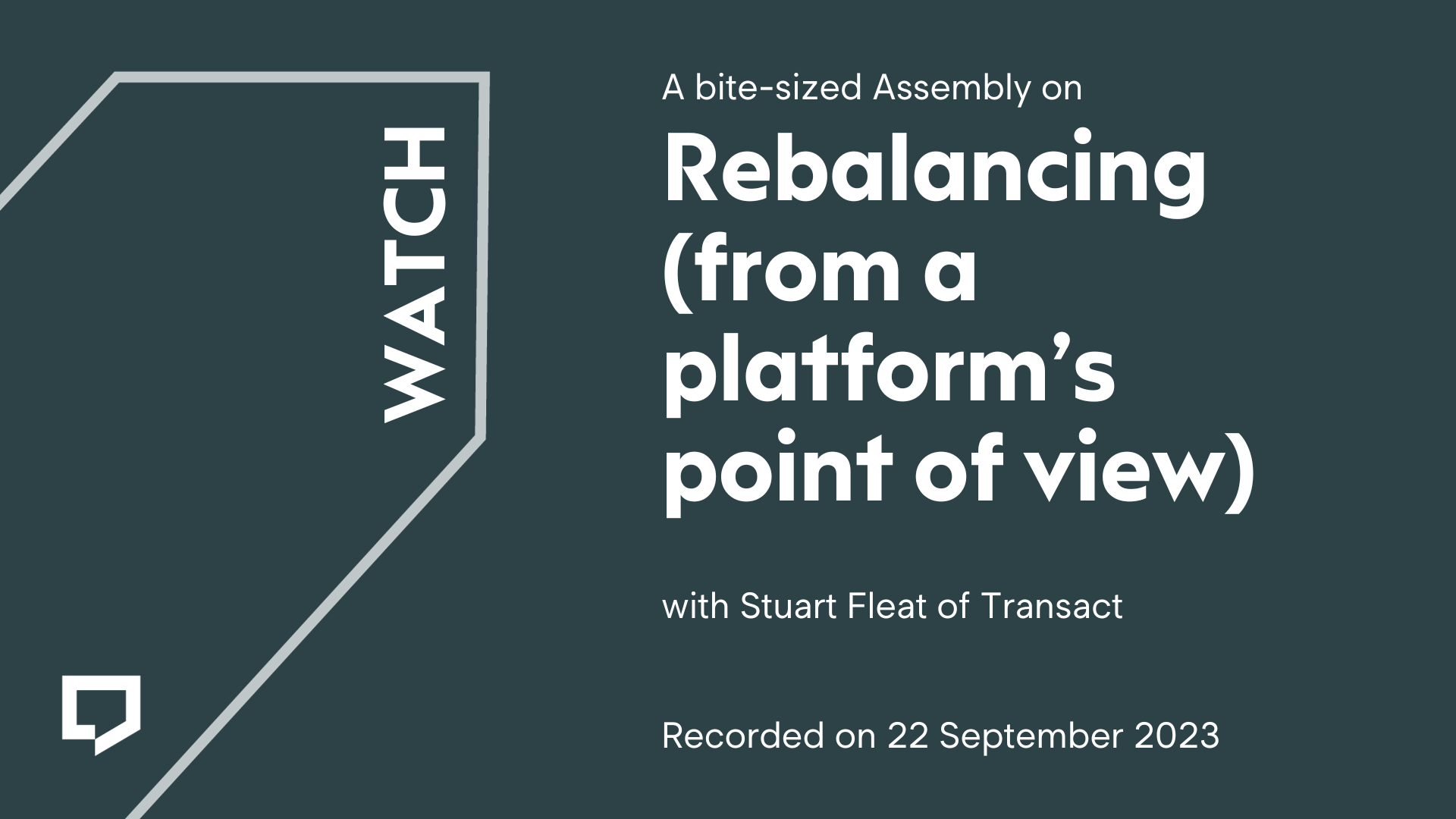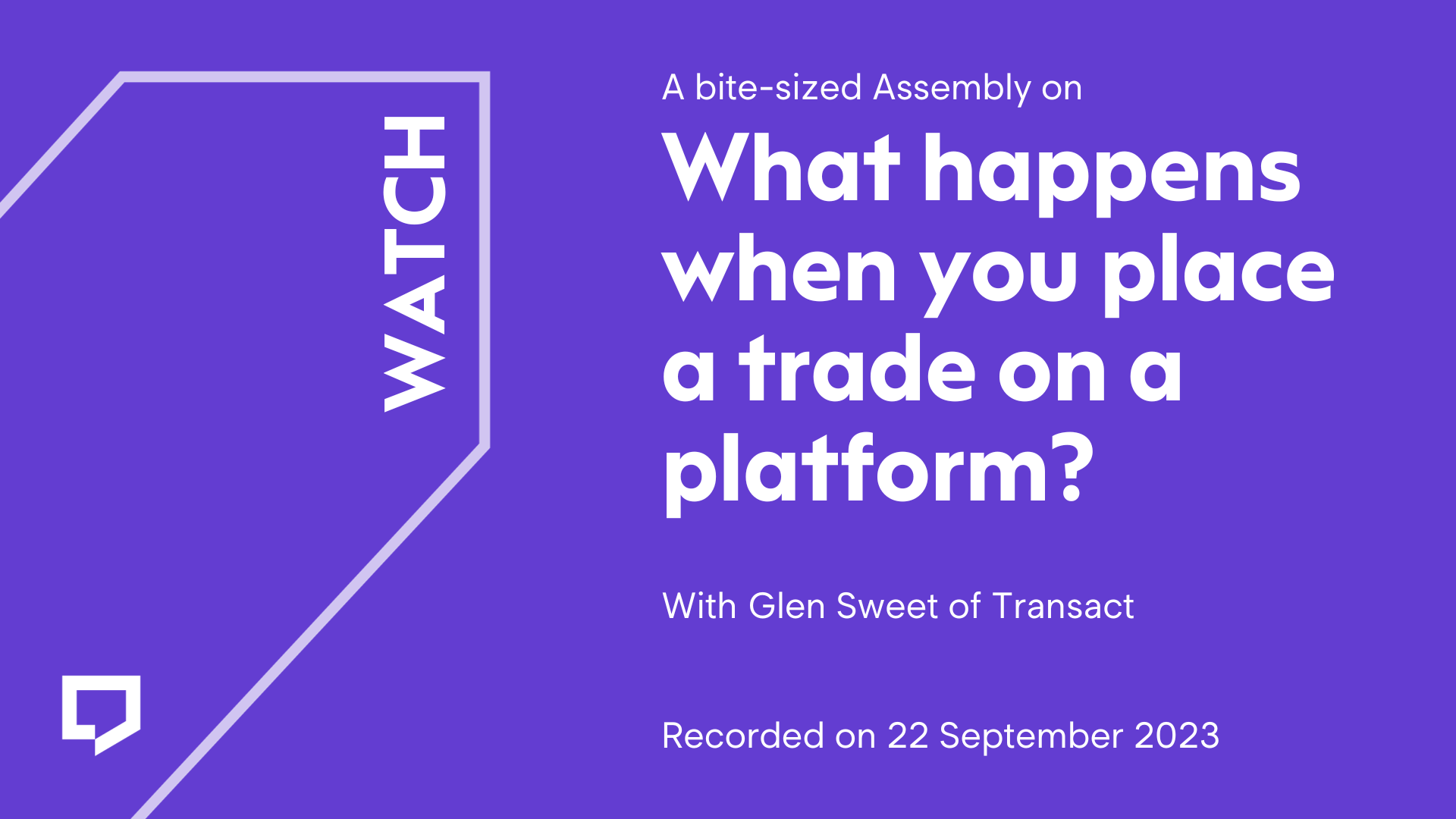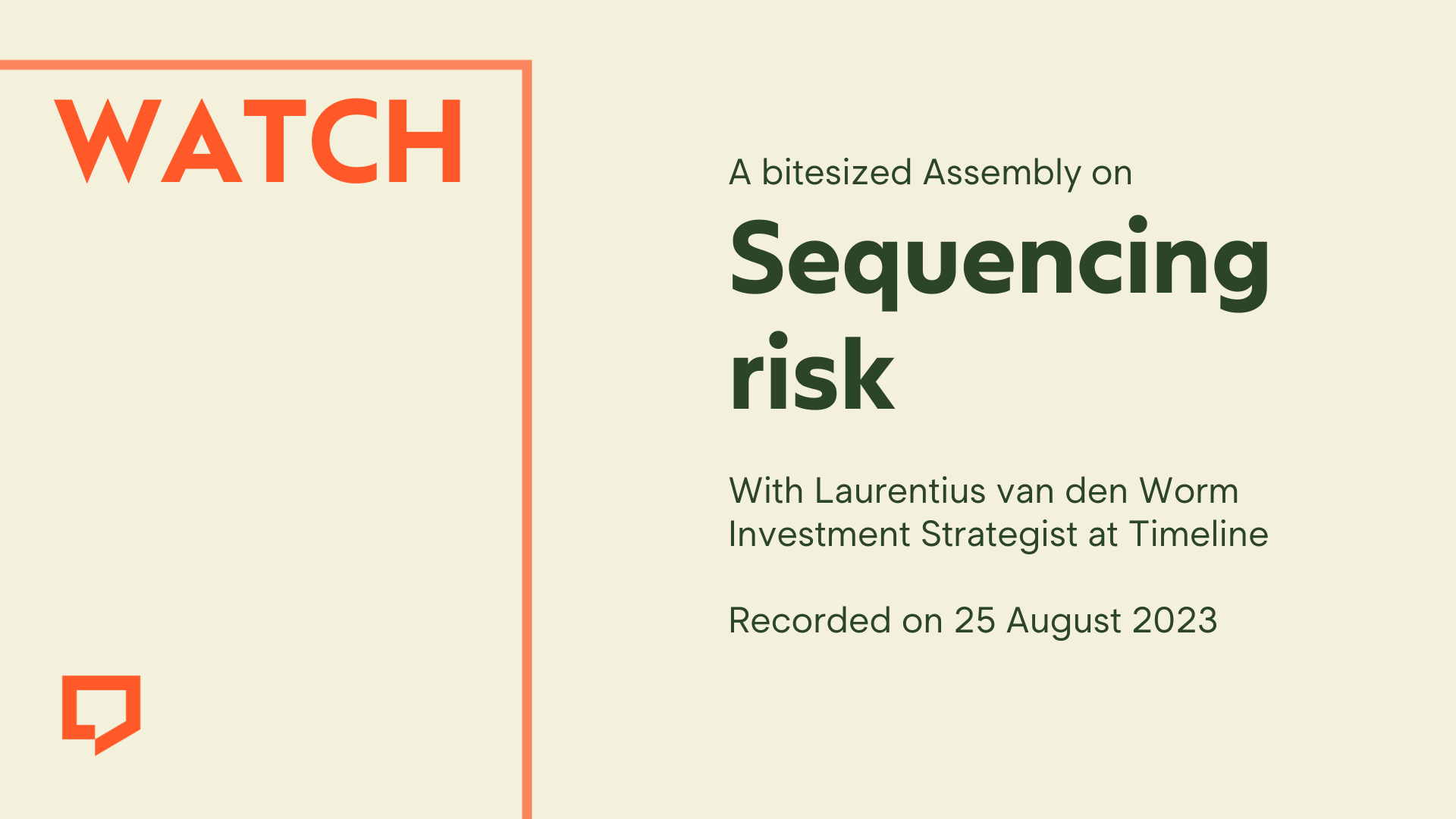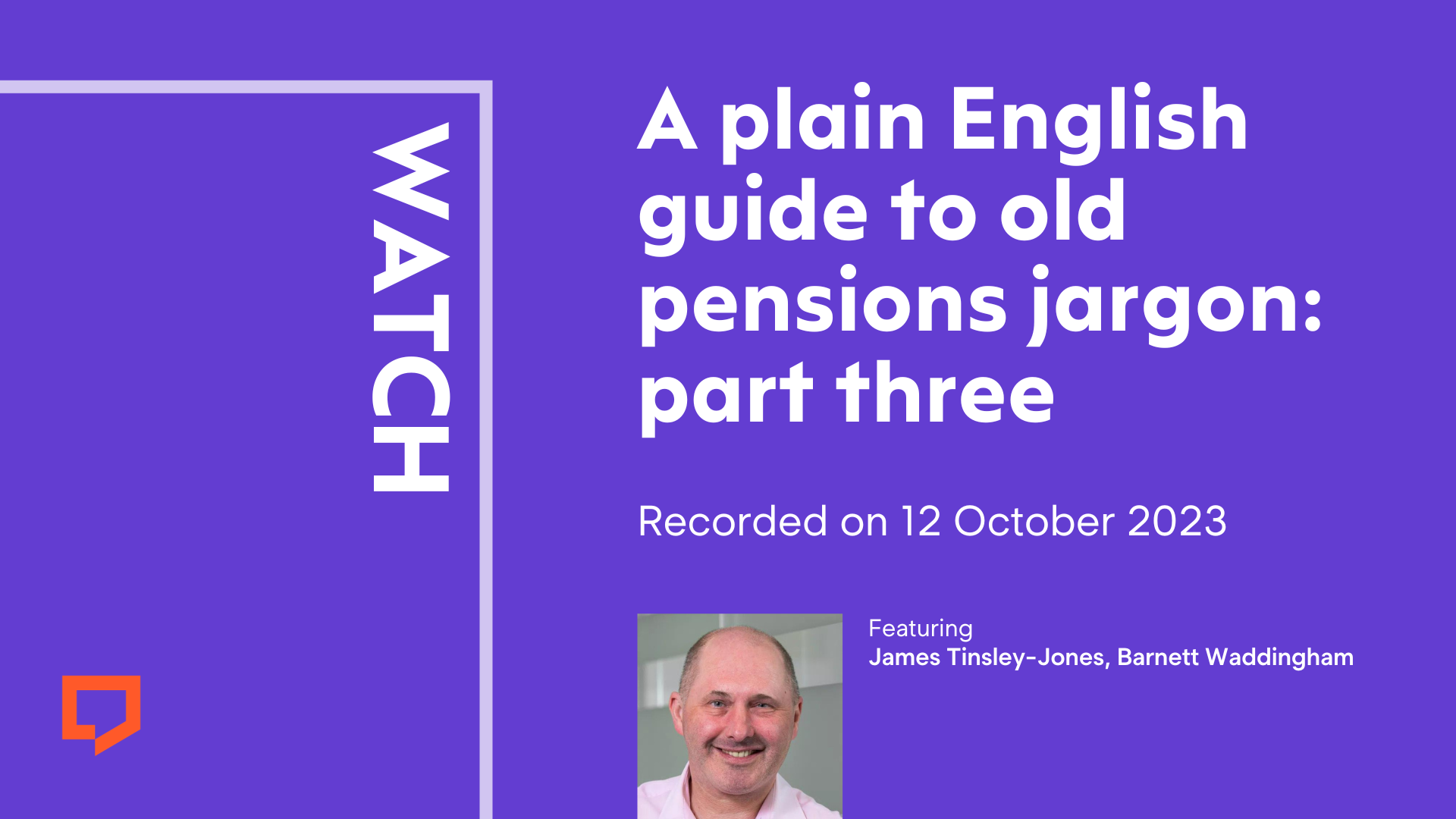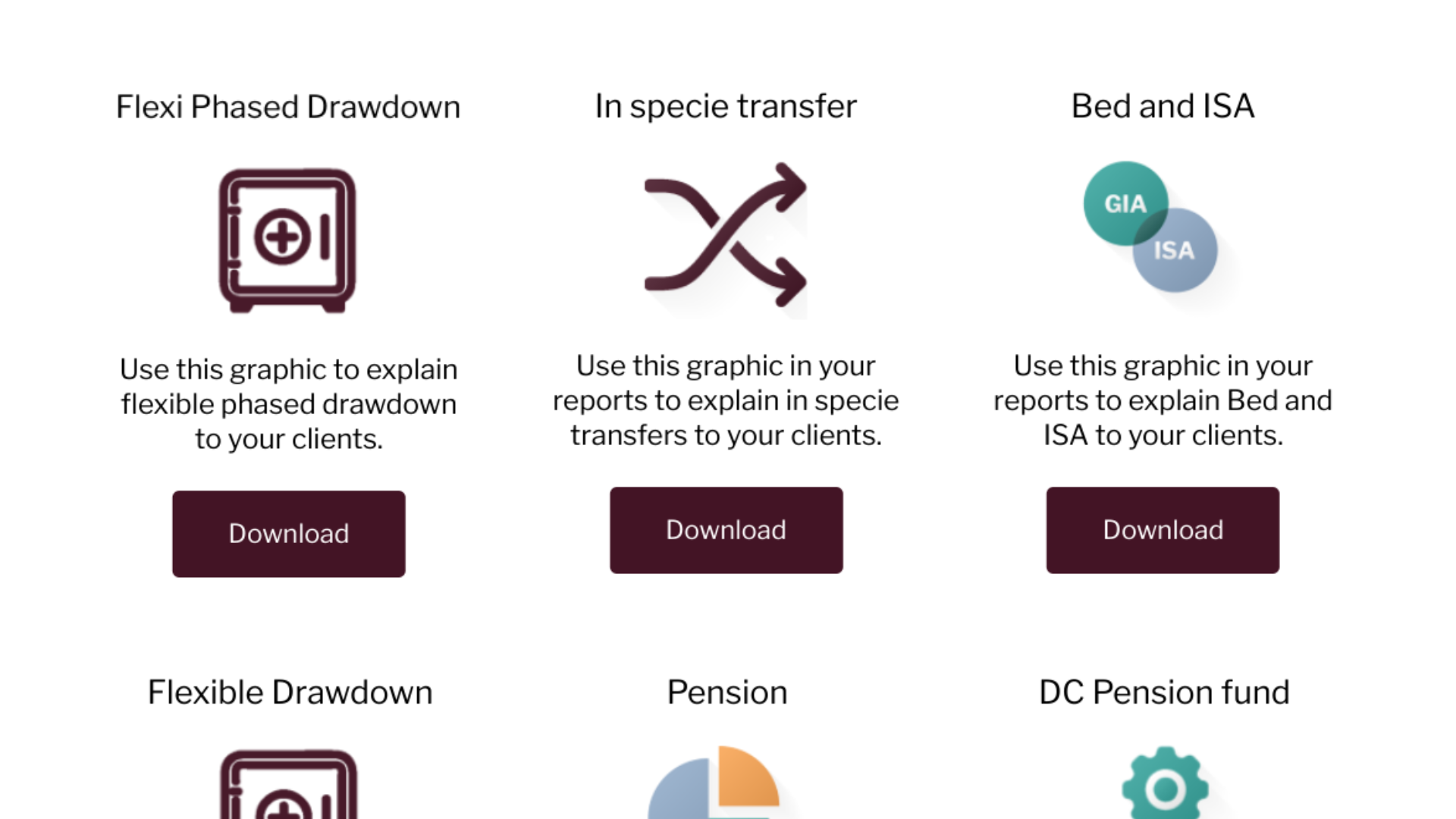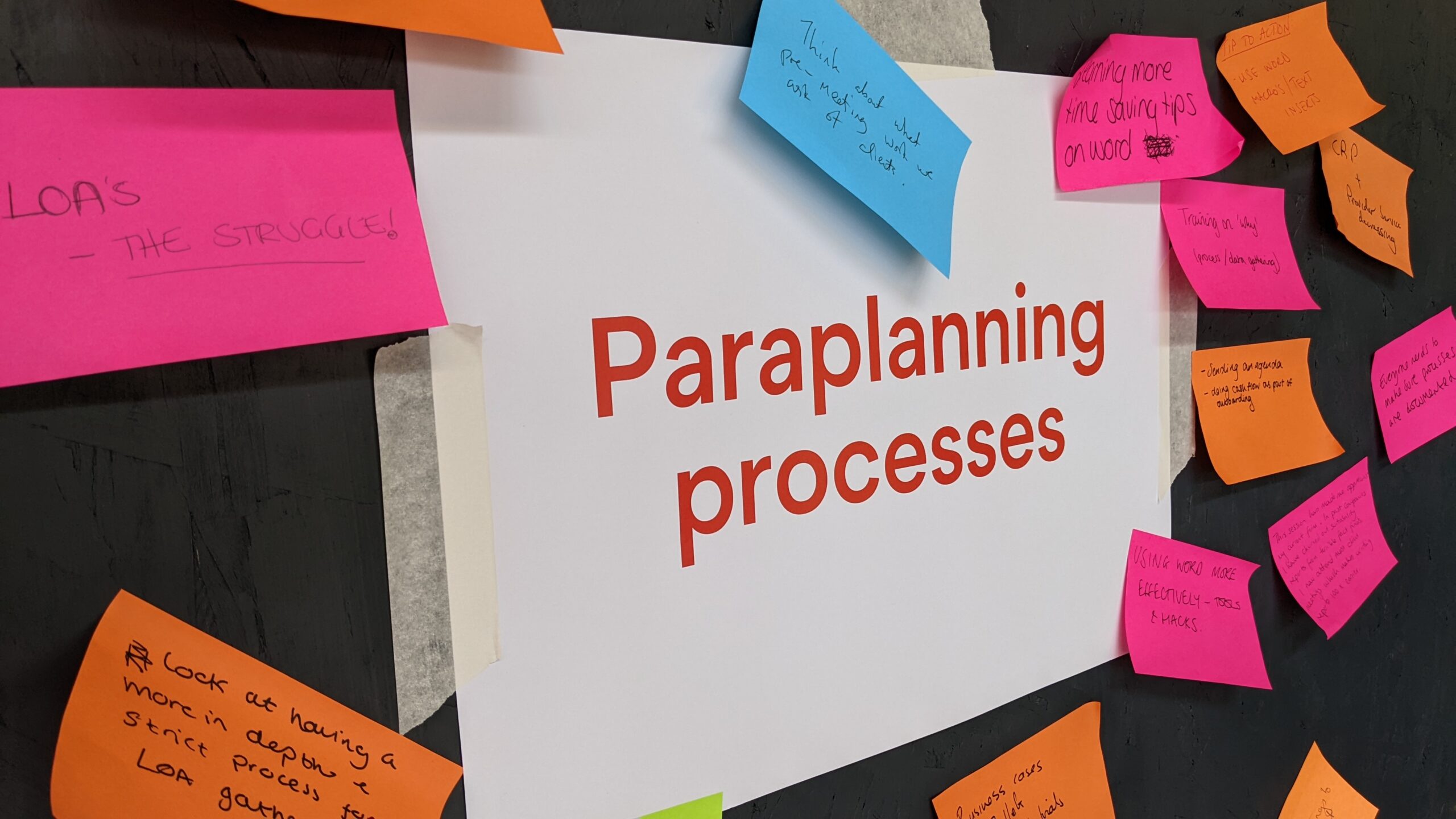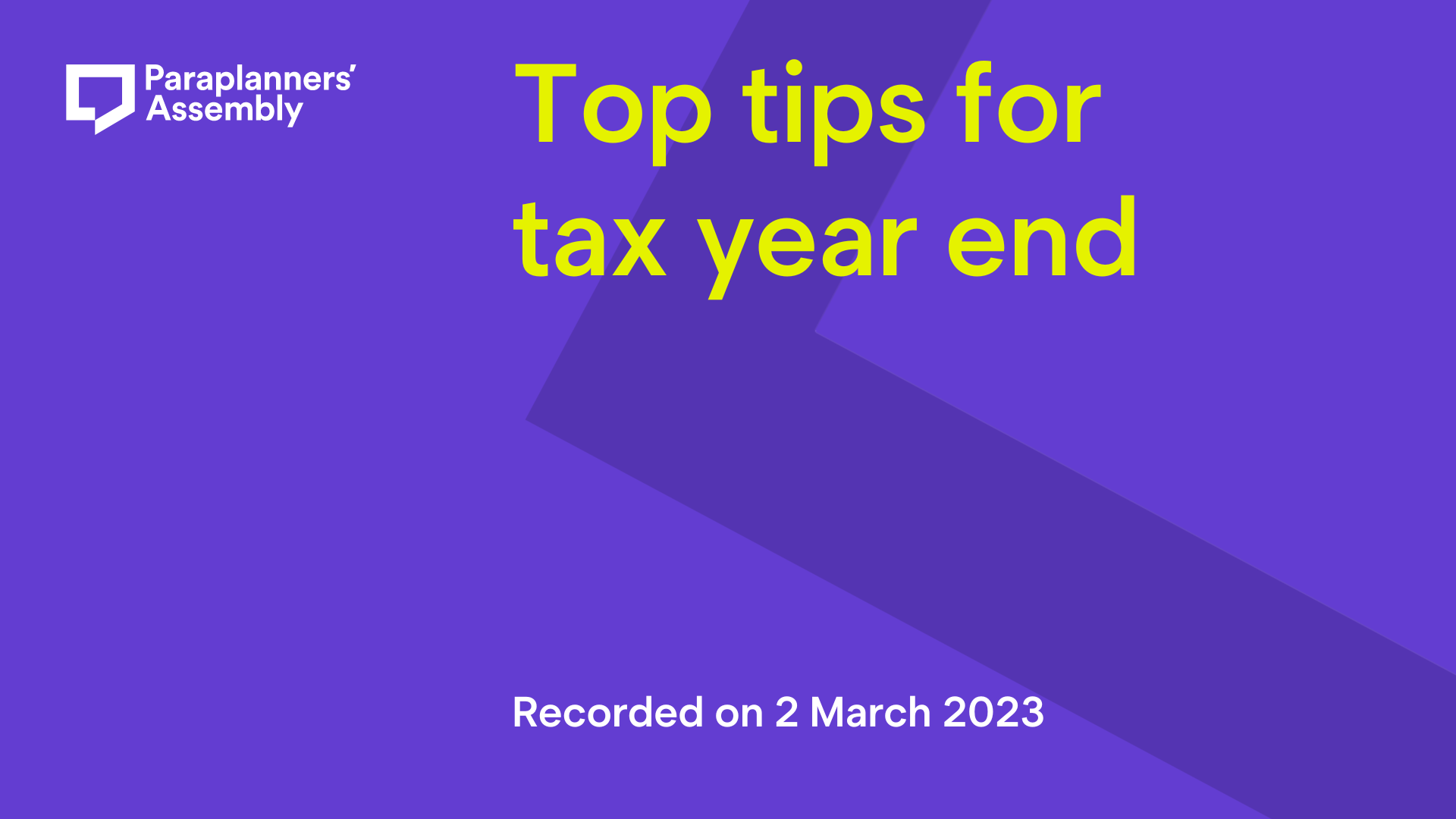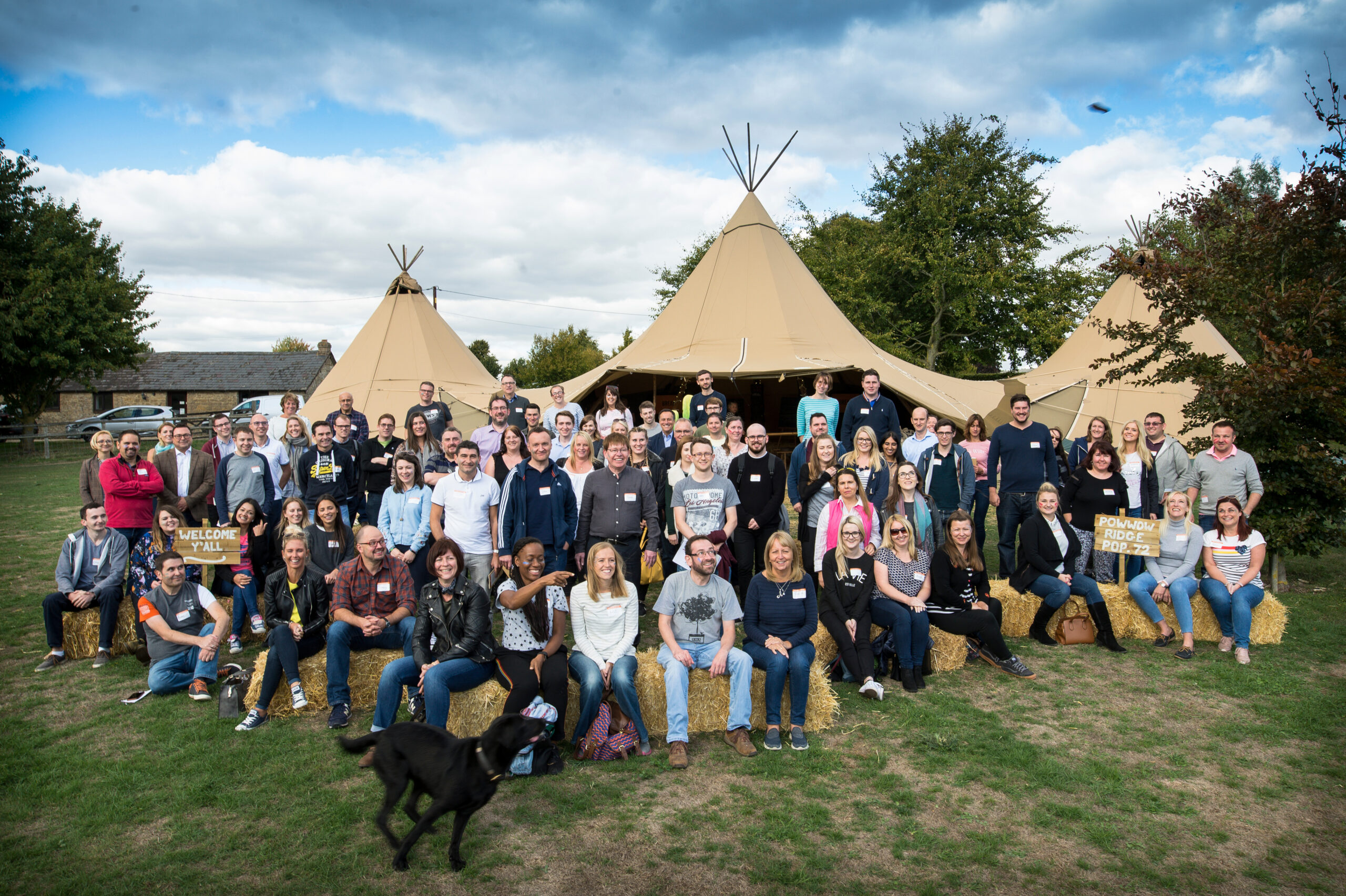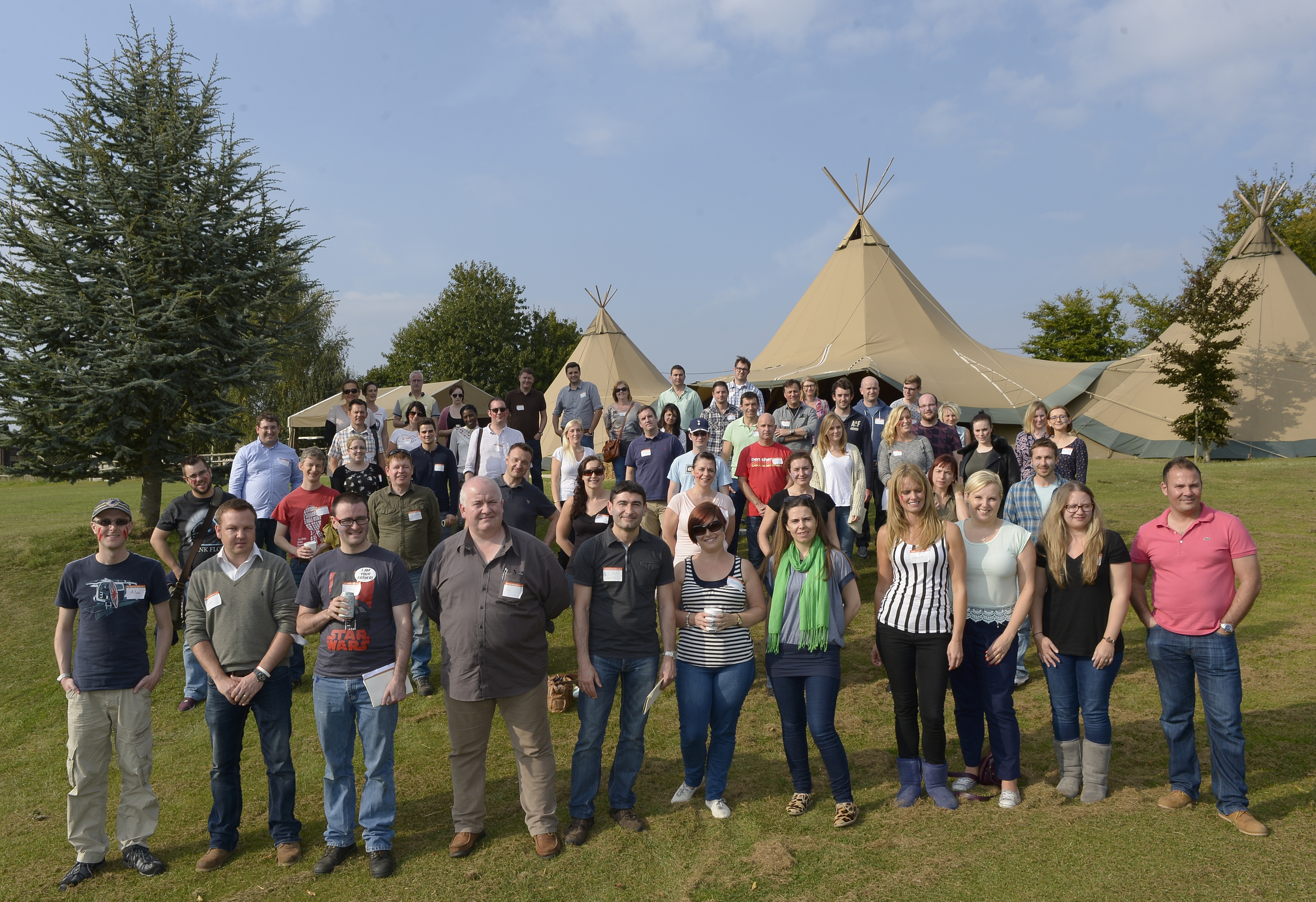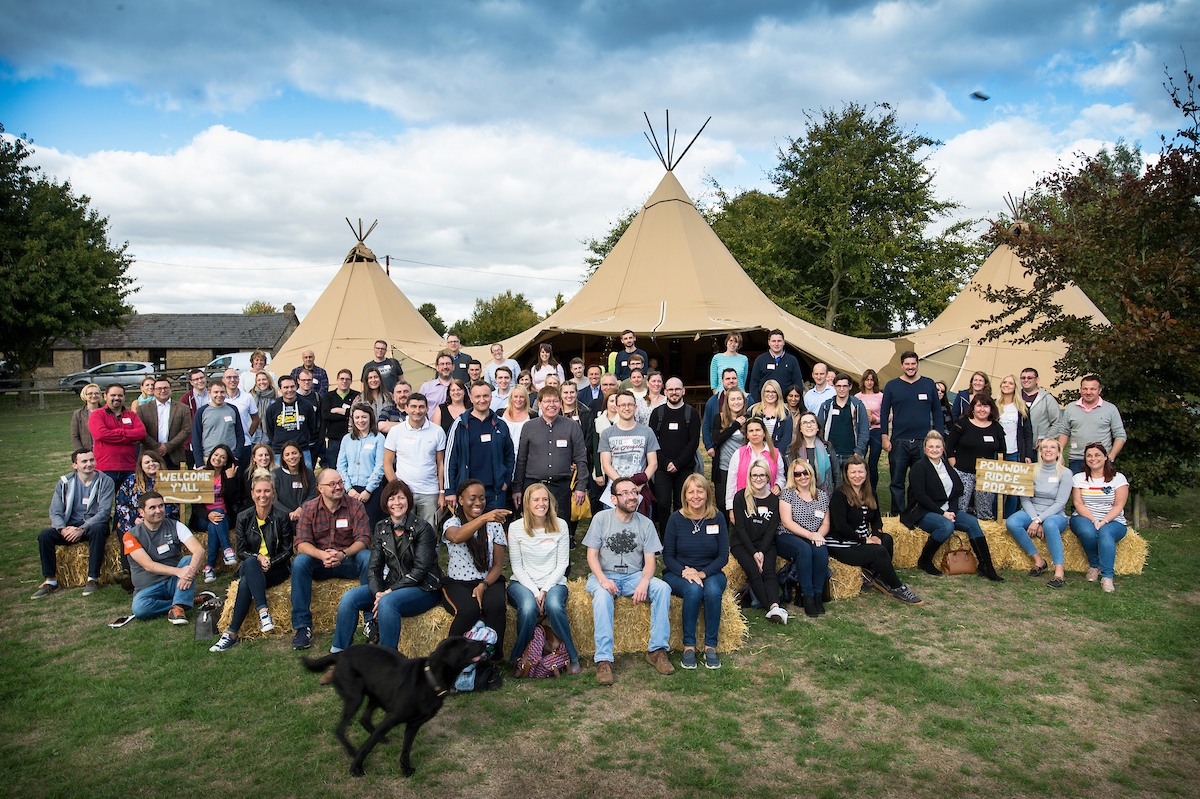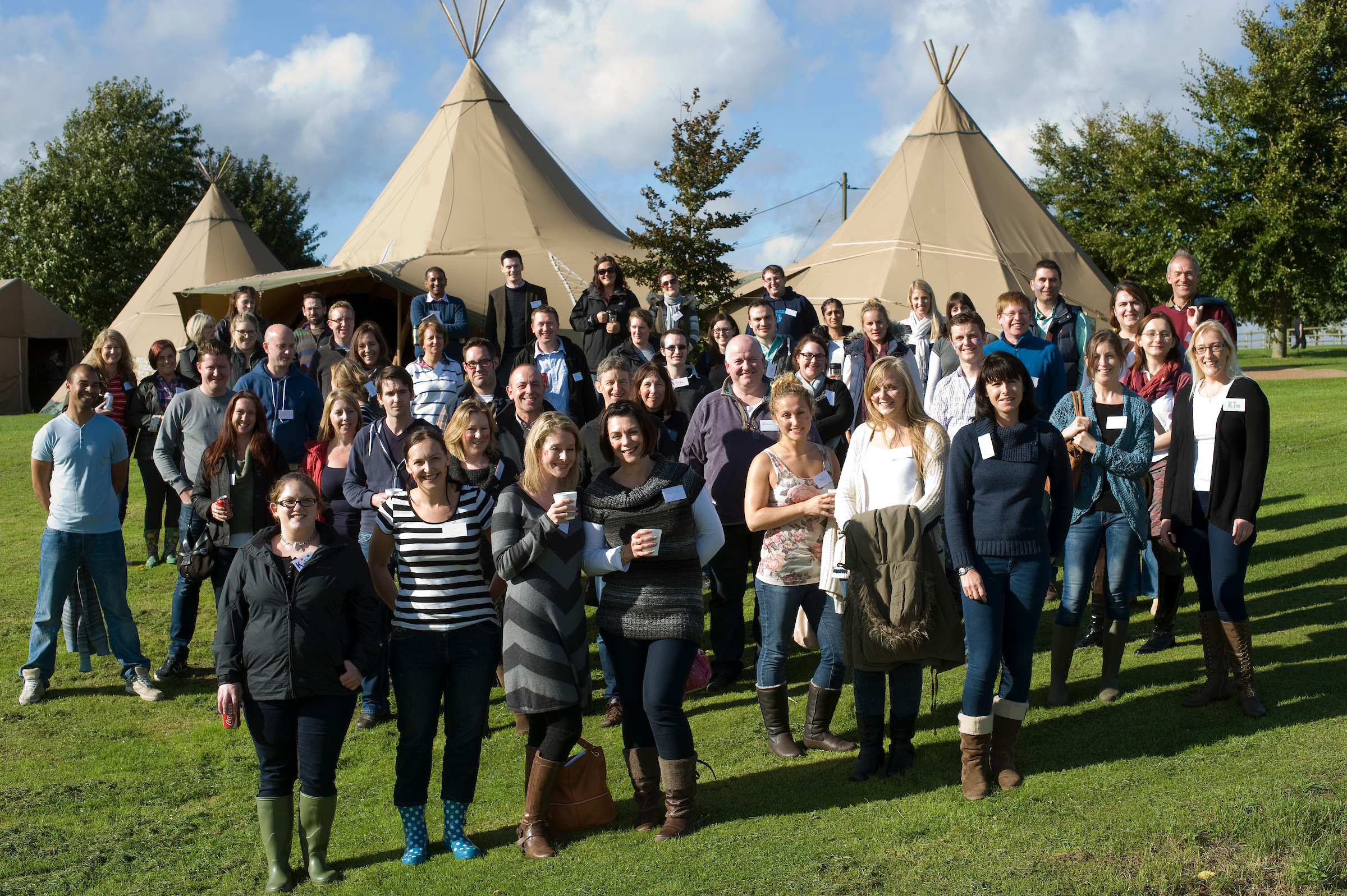There are times when we’re recording an online Assembly or bitesize video or dedicated podcast episode and we just think OMG EVERYONE IS GOING TO ABSOLUTELY LOVE THIS.
And that’s the case with this interview with consultant and founding director of About Consulting Group, Jon Dunckley.
Because this podcast is all about neurodiversity.
(Its origins lie in this comment by Planner12 posted at The Big Tent last year.)
And, as Jon (who is autistic) says very early on in the episode, neurodiversity matters to me, you and everyone.
After all, we each have a way of thinking that’s unique to us. We all occupy our place in a neurodiverse world.
But if the way we think is plotted on a spectrum, most of us would be considered ‘neurotypical’.
Yet plenty of us – at least 1 in 10 in the UK – function, learn and process information differently from the neurotypical.
Neurodifference and work
We may be neurodifferent but, despite thinking differently, we’re expected to adapt and succeed in a world that’s geared towards neurotypical people.
And that’s why we thought Planner12’s question – and the thread that their comment sparked – was such a great starting point to consider neurodiversity and its consequences personally and professionally whether we’re neurodivergent or neurotypical.
Because even if we’re not neurodifferent ourselves, people we work with will be. Either way, what do we need to consider about day-to-day working life so we each get the chance to thrive, contribute and gain fulfilment from work?
What do we mean by neurodifferent? What conditions are considered neurodifferent? If you’re neurodifferent, do you mention it to your employer? Do you need a diagnosis? What’s your approach to studying and sitting exams? How should you adapt your leadership style for a range of neurodifferent conditions? And how does your condition influence the way you manage your team?
Invaluable insights and practical tips
In just under an hour, host Richard Allum and Jon explore just about everything you could possibly want to cover.
Expect talk of autism, ADHD, dyspraxia, dyscalculia, dyslexia and dysgraphia. Learn about TIC syndrome, the ‘Pygmalion effect’, why people with ‘spiky profiles’ are good for business. Plus why job adverts should (a) encourage applicants with spiky profiles and (b) be really clear about what a job will actually involve.
And there’s so much more.
In fact, this is an area we’re going to explore more – and not leave it too long before we do. So if you think of anything that the Assembly could explore once you’ve listened please get in touch and tell us what you think.
Now, tuck in to this latest episode. We think you’re going to love it.
Listen to the Assembly
A few of links mentioned by Jon during the episode
British Dyslexia Association: Dyslexia-friendly style guide
The Neurodiverse Workplace by Victoria Honeybourne
Think Human Business Writing course
BTS podcast: Neurodiversity and studying for regulated exams
PFS Power: Working with vulnerable clients
Cornell note-taking system (YouTube video)
Online Assembly: Design principles for reports




